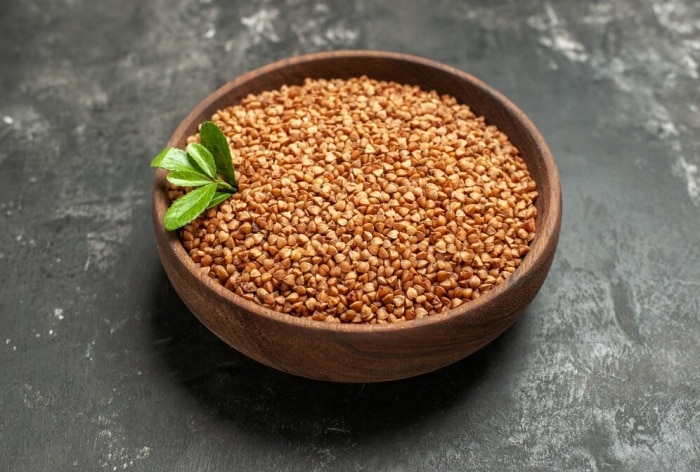Fenugreek is an herb that is easily found in every Indian household. Methidana is said to serve several health benefits and diabetes control is one of them. Read on to know how!
Fenugreek is an herb commonly used in traditional medicine and culinary practices, and it has been observed to have potential benefits for diabetes control. benefits
How Methidana Helps With Blood Sugar
- Blood Sugar Regulation: Fenugreek seeds contain soluble fibre, which can slow down the absorption of carbohydrates in the digestive system. This, in turn, can help regulate blood sugar levels by preventing rapid spikes in glucose after a meal. The fibre in fenugreek also promotes better glycemic control over time.
- Improved Insulin Sensitivity: Studies have suggested that fenugreek may enhance insulin sensitivity. Insulin is the hormone responsible for regulating blood sugar levels, and improved sensitivity means better utilization of insulin in the body. This can be beneficial for individuals with type 2 diabetes, who may have reduced insulin sensitivity.
- Enhanced Insulin Secretion: Fenugreek has been found to stimulate the release of insulin from the pancreas, which can aid in managing blood sugar levels. By increasing insulin secretion, fenugreek may help improve glucose metabolism and utilization.
- Decreased Absorption of Dietary Fat: Fenugreek may inhibit the absorption of dietary fat, potentially leading to improved lipid profiles in individuals with diabetes. Managing cholesterol levels is important for overall cardiovascular health, especially for people with diabetes who may be at higher risk for heart disease.
- Antioxidant and Anti-inflammatory Effects: Fenugreek contains antioxidants and anti-inflammatory compounds that can help reduce oxidative stress and inflammation, which are often associated with diabetes and its complications. By reducing inflammation, fenugreek may contribute to better overall metabolic health.
It’s important to note that while fenugreek shows promise in diabetes management, it should not replace other diabetes management strategies such as medication, a balanced diet, regular exercise, and regular blood sugar monitoring. If you have diabetes or are considering using fenugreek as a supplement, it is crucial to consult with a healthcare professional. They can provide guidance on proper dosage, potential interactions with medications, and monitor your overall diabetes management plan.
Fenugreek can be consumed in various forms, including seeds, powder, capsules, or as an ingredient in dishes. Incorporating fenugreek into your diet should be done gradually and in moderation, as excessive intake may cause digestive discomfort. It’s also worth noting that individual responses to fenugreek may vary, and its effectiveness may differ from person to person.

